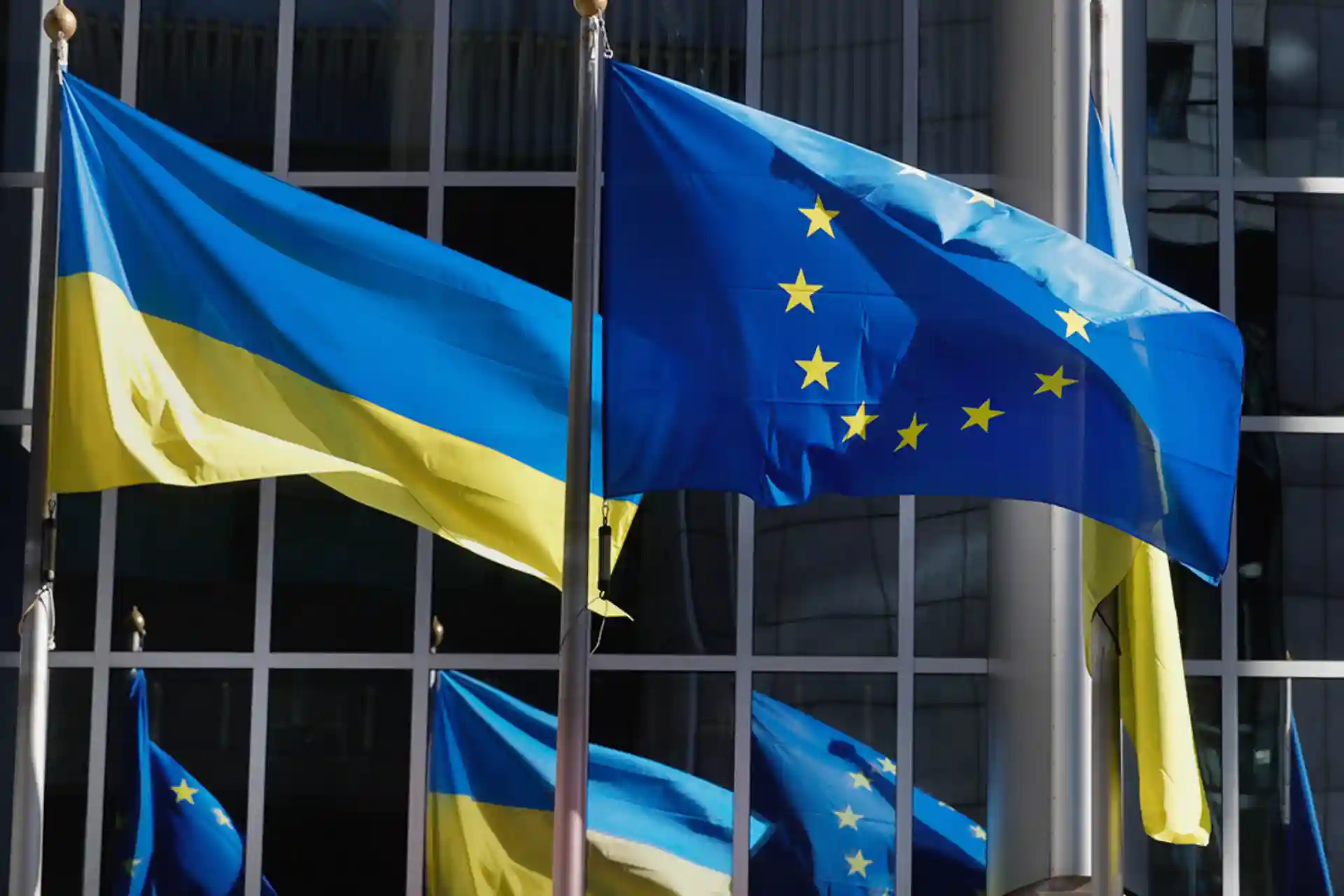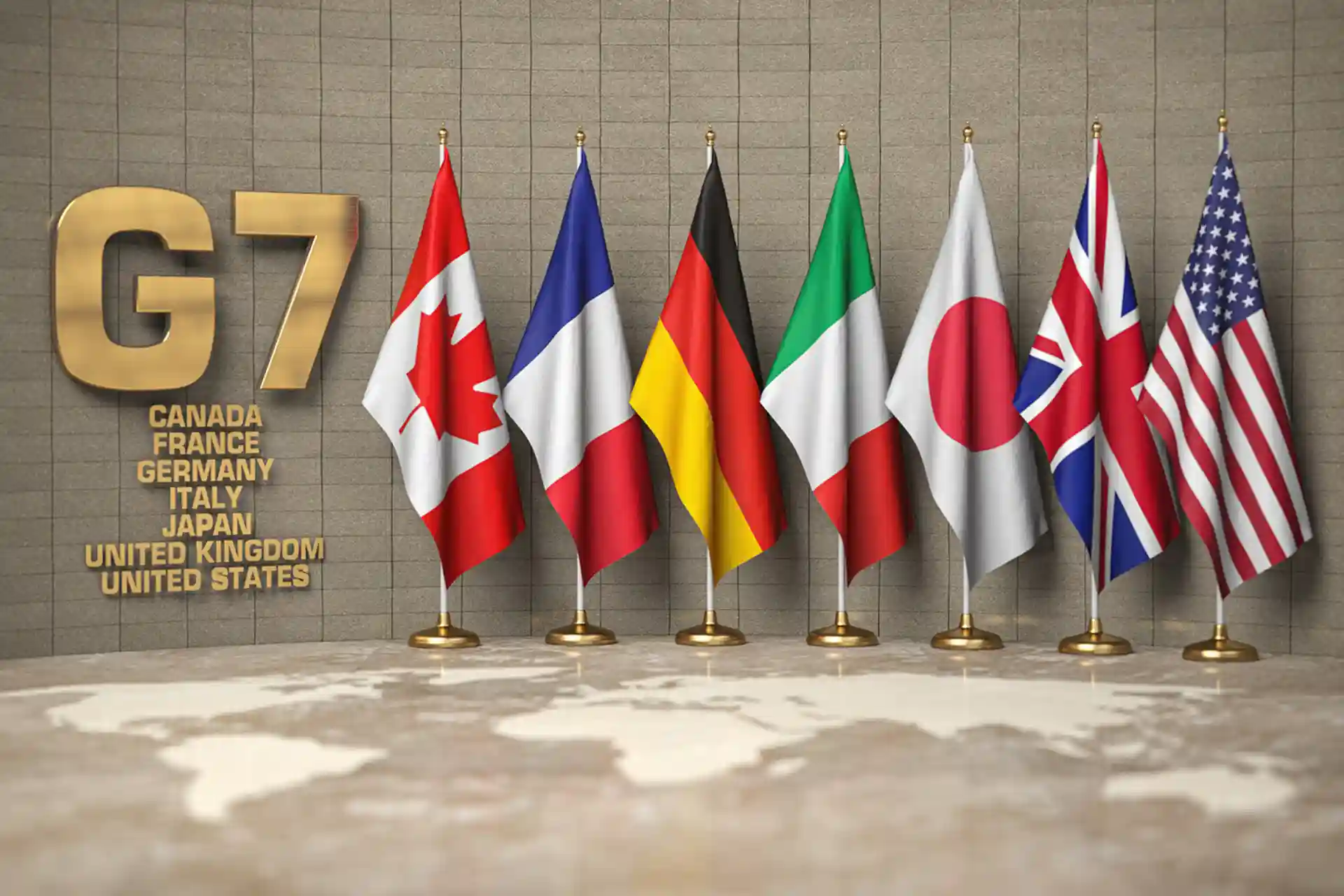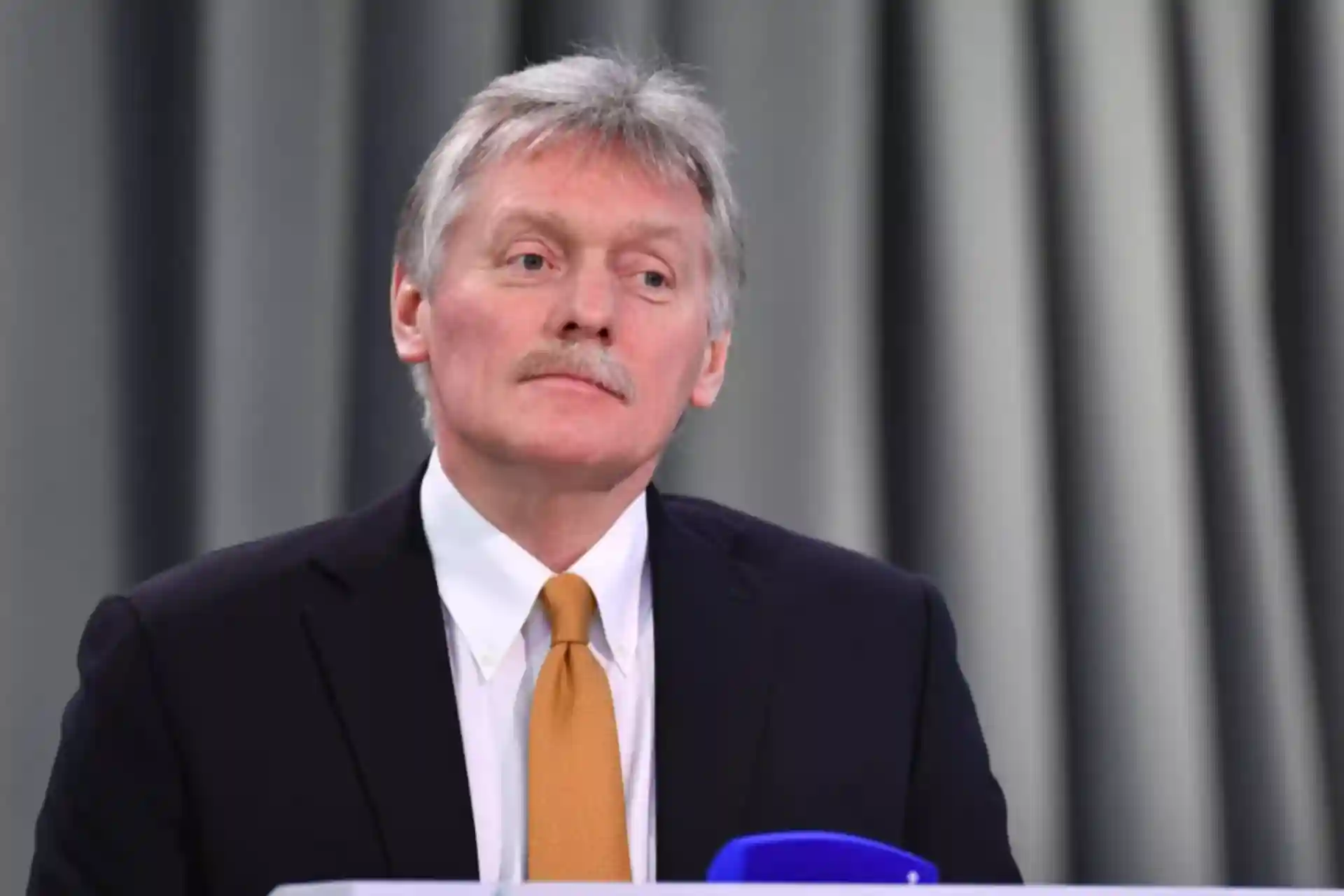27.07.2024 09:59
1914
The EU allocated 1.5 billion euros of Russia to Ukraine
The European Union allocated to Ukraine the first 1.5 billion euros from the profits from the frozen assets of the Russian Central Bank of 200 billion euros. The Kremlin promised a befitting response.
On Friday, the European Union announced the allocation of the first 1.5 billion euros from the proceeds of the frozen assets of the Central Bank of Russia to support Ukraine.
In May, EU member states agreed to use billions of euros from frozen assets of the Russian Central Bank to arm Ukraine and finance post-war reconstruction.
The EU has frozen about 200 billion euros of frozen assets of the Russian central bank as part of sanctions imposed on Moscow due to the invasion of Ukraine in 2022.
About 90% of the funds frozen in the European Union belong to the Belgian Euroclear international depository organization.
"The EU supports Ukraine. Today we are transferring 1.5 billion euros from Russia's immobilized assets to the defense and reconstruction of Ukraine," said European Union President Ursula von der Leyen.
"There is no better symbol and no better use of Kremlin money to make Ukraine and all of Europe a safer place to live," he added.
The money comes from interest on frozen Russian funds, not from the frozen funds themselves.
Brussels said 90 percent of the money would go to a central fund used to pay for arms for Ukraine, known as the European Peace Fund.
The remaining 10 percent will be allocated to a separate EU fund for Ukraine to support the country's recovery needs.
Prime Minister of Ukraine Denis Shmykhal thanked the European Union for its assistance.
"Thank you von der Leyen and the European Union for your continued support and important contribution to the defense and reconstruction of Ukraine," he wrote on social media.
In turn, Russia condemned this action, describing it as "illegal".
"This is, of course, a reason for actions that are thought out in response to such illegal decisions made by the European Union," Russian President Vladimir Putin's spokesman Dmitry Peskov told reporters.



